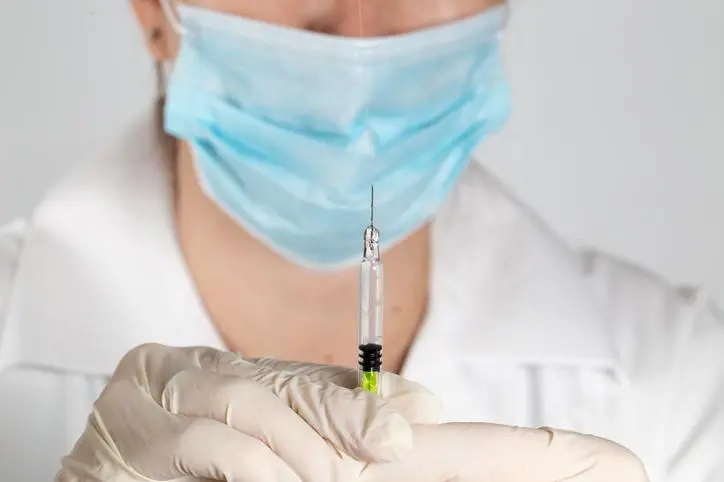PHOTO
Corruption does not only deprive people from easily accessing health care through qualified hospitals, but also extends to spurious medicines, and trafficking in human organs, medical devices and equipment that may lead to the death of innocent people.
The world annually spends more than $3 trillion on health services, which are funded by humanitarian aid and local taxes. Such large financial inflows constitute a tempting target for abuse, fraud, and manipulation.
The diversity of global health systems and the complex combination of the different actors involved, the scarcity of good records maintained in many countries, the complexities of distinguishing corrupt practices, the inefficiency and minor mistakes make it difficult to determine the total costs of corruption in this sector.
The United States, for example, which spend 15.3 per cent of its national income on health care, has two health care programmes - Medicare and Medicaid. The two programmes estimate that 5-10 per cent of their budget is lost in the "increased cash payments burden" process.
In Cambodia, health practitioners interviewed for the World Corruption Report 2014 estimated that more than 5 per cent of the health budget is lost to corruption even before it leaves the central government.
Corruption in health services involves the provision of bribes to operators of health services and medical professionals. It also affects areas of manipulation of information about drug testing, drug conversion, medical supplies, purchases and insurance companies' bills.
In the UAE, we have been reassured by our leadership. His Highness Sheikh Mohammed bin Rashid Al Maktoum, Vice-President and Prime Minister of the UAE, and Ruler of Dubai, says: "Here in the UAE, we promise you all, me and my brother His Highness Sheikh Mohammed bin Zayed Al Nahyan, that we will never allow corruption".
The circumstances and challenges that the world is currently experiencing because of the Covid-19 pandemic shows the real wise leaders.
His Highness Sheikh Mohamed bin Zayed Al Nahyan, Crown Prince of Abu Dhabi and Deputy Supreme Commander of the UAE Armed Forces, has said: "I'd like to reassure every citizen and resident that the UAE is infinitely able to supply everyone with all the food and medicine they could ever need.medicine and food represent a red line...Thanks Allah, the UAE is now secure and stable...We are well prepared to face any challenge that arises...Our preparedness is sustainable to meet all challenges."
Adel Abdullah Humaid is an Emirati writer, researcher, and Member of the UAE Authors and Writers Union
Copyright © 2020 Khaleej Times. All Rights Reserved. Provided by SyndiGate Media Inc. (Syndigate.info).





















